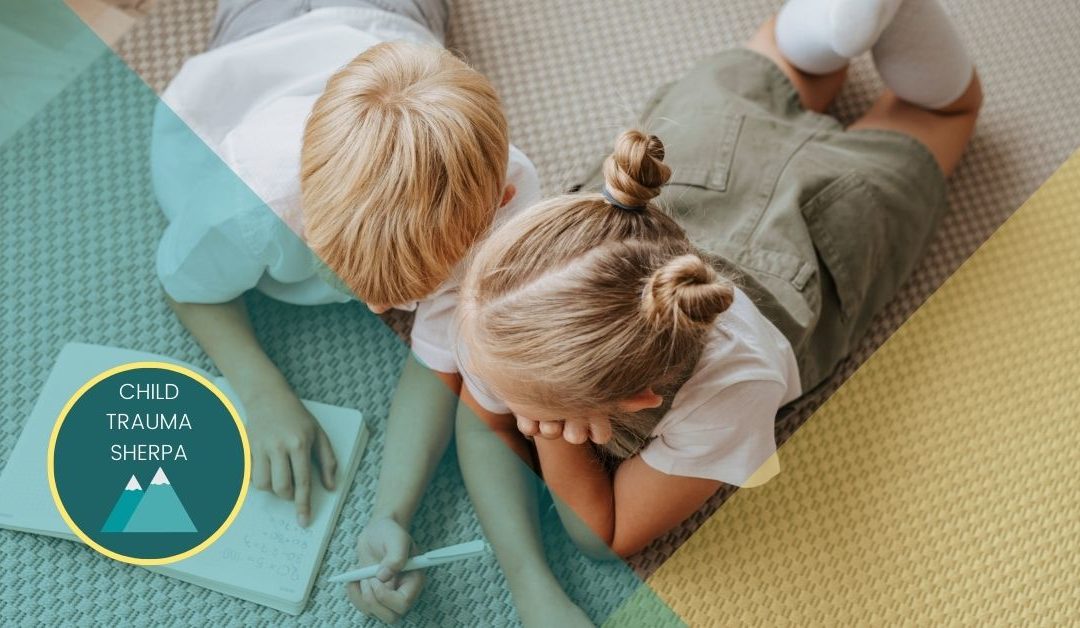Memory Loss and the Signs of Unhealed Childhood Trauma in Adults
It is not uncommon for us to repress memories that are traumatizing. It is the brain’s way of coping and is not something that we consciously choose to do. It is our brain attempting to protect us from distressing thoughts that can keep us from surviving.
Despite this natural reaction our brains have, repressed childhood trauma can actually cause issues without you even realizing why. It can also lead to lifelong health consequences. So if you’ve ever responded to certain places, people, or experiences in ways you just don’t understand, or you feel like something isn’t quite right about you, it could be that you are suffering from unhealed childhood trauma.
Adverse Childhood Experiences (ACEs)
Trauma, or adverse childhood experiences (ACEs), cover a wide variety of traumatic experiences. There are three main types of childhood trauma: abuse, neglect, and household dysfunction. The more ACEs you have experienced, the more complex and severe your trauma. To learn more in-depth information about the different types of childhood trauma and the effects of each, check out this blog.
Childhood Trauma and Memory Loss
Memory loss is quite common for those who have experienced adverse childhood experiences (ACEs), or trauma. Not only does your brain repress traumatizing memories, but trauma impacts other ways that the brain functions, including impairing your ability to create memories in the first place. Some trauma survivors develop dissociative amnesia, or the inability to remember critical autobiographical information. Further, some experts classify repressed childhood trauma memories as a type of dissociation. In other words, you are separating yourself from your past in order to cope.
8 Signs of Repressed Childhood Trauma in Adults
If memory is an issue in those with unhealed childhood trauma, identifying repressed trauma in adults can be tricky, though not impossible. This is because some of these signs are also indicative of other mental health concerns.
1 | Strong, unexplained reactions to specific people. If you have ever met someone and immediately felt “off” about them, this may be a sign of repressed childhood trauma. This is your mind and body’s way of warning you that this person may not be safe. As a result, you may feel your body shift into a more protective stance or you may have the strong desire to leave the situation, though you can’t identify why. This might be because the person reminds you of someone who caused you trauma in the past.
2 | A lack of ease in certain places. If certain places cause you stress, fear, and anxiety, it could be because the place reminds you of a location where you experienced trauma. When you experience something traumatizing, your brain makes notes of everything, from colors to smells and even sounds. Being in a similar place could trigger deep fear and fight or flight mode to activate.
3 | You experience extreme emotional shifts. For those with repressed childhood trauma, controlling emotions can be difficult. Prolonged experience to trauma causes an actual brain injury. Constantly being in fight or flight mode increases activity in the lower brain, overriding the prefrontal cortex, which is the center for emotion regulation and rational decision making. If you have not healed from childhood trauma, the everyday actions of others can cause you to become extremely upset or fearful. This is because that action reminds you of some aspect of your repressed trauma.
4 | You have attachment issues. Those who have unhealed trauma can have difficulty forming healthy relationships. Attachment issues can be a cause of developmental disruptions that are a result of trauma.
5 | You have anxiety. Anxiety can develop in a person’s life for many reasons, but it can also be a coping mechanism for repressed childhood trauma. Those with repressed trauma may experience more anxiety than others. You will need to work with a mental health professional to discover the cause of your anxiety.
6 | You may have moments of childish behavior or immaturity. Moments of immaturity are normal, however, if it happens frequently, it could be a sign of repressed childhood trauma. Whether it is throwing a tantrum, speaking in a child-like voice, or being stubborn about small things, these regular regressions are all indications of repressed traumatic memories.
7 | You feel consistently exhausted. We all have only so much mental and emotional energy in a day. However, repressed childhood memories cause you to spend much of your energy on those events subconsciously. This can lead you to feeling exhausted and results in keeping you from living a life in which you are thriving.
8 | You are unable to cope in normal stressful situations. Life can be stressful and is a normal adult experience. However, for those with unhealed childhood trauma, it can be too much and you may find yourself being unable to cope with even small stressful situations. You may lash out or regress to that original state you were in during trauma in order to protect yourself.
Final Thoughts
Leaving childhood trauma untreated can rob you of your chance to lead a life in which you are thriving. While it can be more difficult for adults than children to heal from trauma, there is still hope. In order to begin healing, you should work with trauma-informed care professionals.


